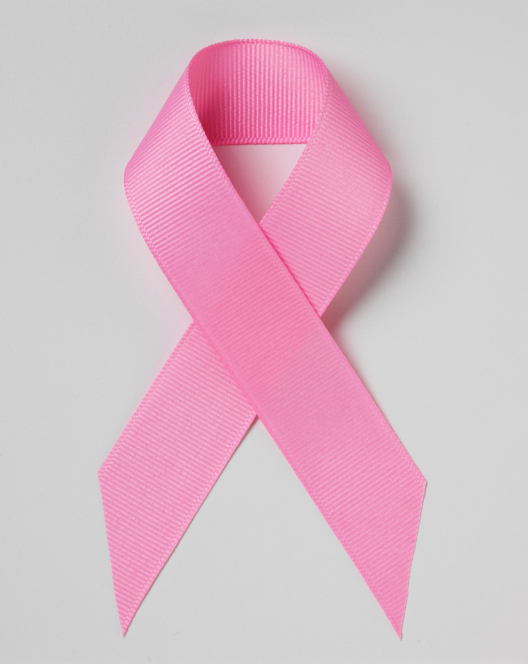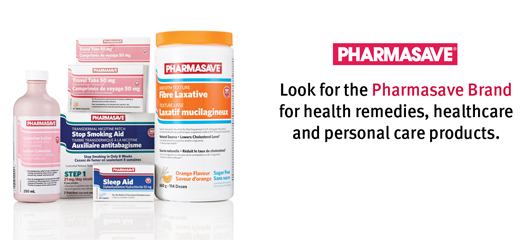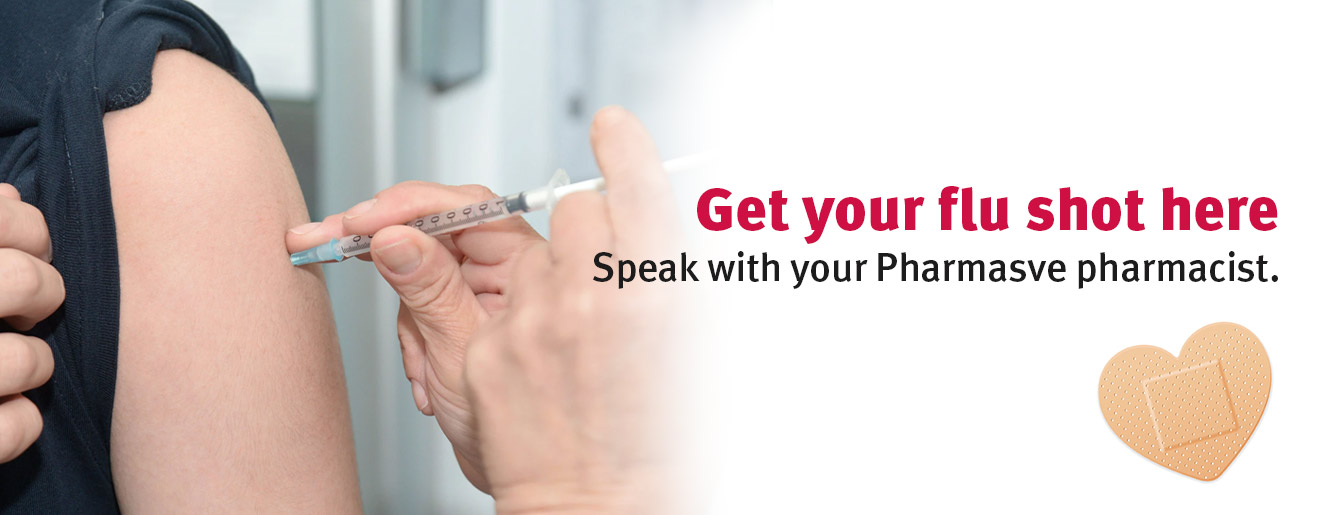National Breast Cancer Awareness Month
October is Breast Cancer Awareness Month, which is an annual campaign to increase awareness of the disease. On this day, countries worldwide promote Breast Cancer Awareness Month with fundraisers, races, public talks, volunteering and other events. [1] What is Cancer? “Cancer is a broad term for a class of diseases characterized by abnormal cells that grow and invade healthy cells in the body. Breast cancer starts in the cells of the breast as a group of cancer cells that can then invade surrounding tissues or spread (metastasize) to other areas of the body.” [2] Facts & Stats [3]
- 1 in 8 women will be diagnosed with breast cancer in their lifetime.
- Breast cancer is the most commonly diagnosed cancer in women.
- Breast cancer is the second leading cause of death among women.
- Each year it is estimated that over 220,000 women in the United States will be diagnosed with breast cancer and more than 40,000 will die.
- Although breast cancer in men is rare, an estimated 2,150 men will be diagnosed with breast cancer and approximately 410 will die each year.
Breast Cancer Prevention Tips [4]
- Limit alcohol – limit yourself to no more than one drink per day as the more you drink alcohol, the greater your risk of developing breast cancer is.
- Don’t smoke – Research shows a link between smoking and breast cancer.
- Control your weight – Being overweight or obese can greater increase the risk of breast cancer. Especially if obesity occurs later in life, particularly after menopause.
- Be physically active – Being active and maintaining a healthy weight helps to prevent breast cancer.
- Breast-feed – Breast-feeding may play a role in preventing breast cancer. Research suggests that the longer you breast-feed, the greater the protective effect.
- Limit dose and duration of hormone therapy – Hormone therapy taken for more than 3 to 5 years may increase the risk of breast cancer. If you are on hormone therapy, ask your doctor about other options. You may be able to manage your symptoms with non-hormonal therapies such as physical activity. Speak to your doctor before making any changes in your hormone therapy.
- Avoid exposure to radiation and environmental pollution – Medical-imaging methods, use a high does of radiation, which have been linked to breast cancer. Only use these methods when necessary. While more studies are needed, some research suggests a link between breast cancer and exposure to the chemicals found in some workplaces, gasoline fumes and vehicle exhaust.
Resources:
[1] http://www.nationalbreastcancer.org/breast-cancer-support [2] http://www.nationalbreastcancer.org/about-breast-cancer [3] http://www.nationalbreastcancer.org/breast-cancer-facts [4] http://www.mayoclinic.org/healthy-lifestyle/womens-health/in-depth/breast-cancer-prevention/art-20044676 [5] https://www.cancer.ca/en/get-involved/events-and-participation/find-an-event-near-you/breast-cancer-awareness-month-on/?region=on




